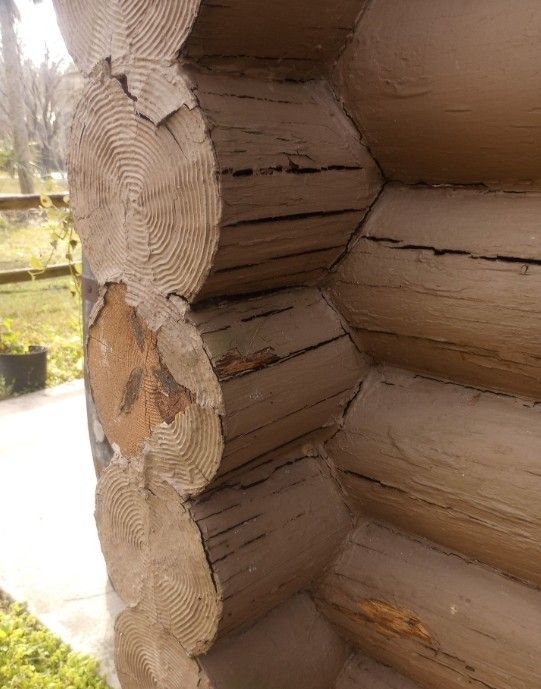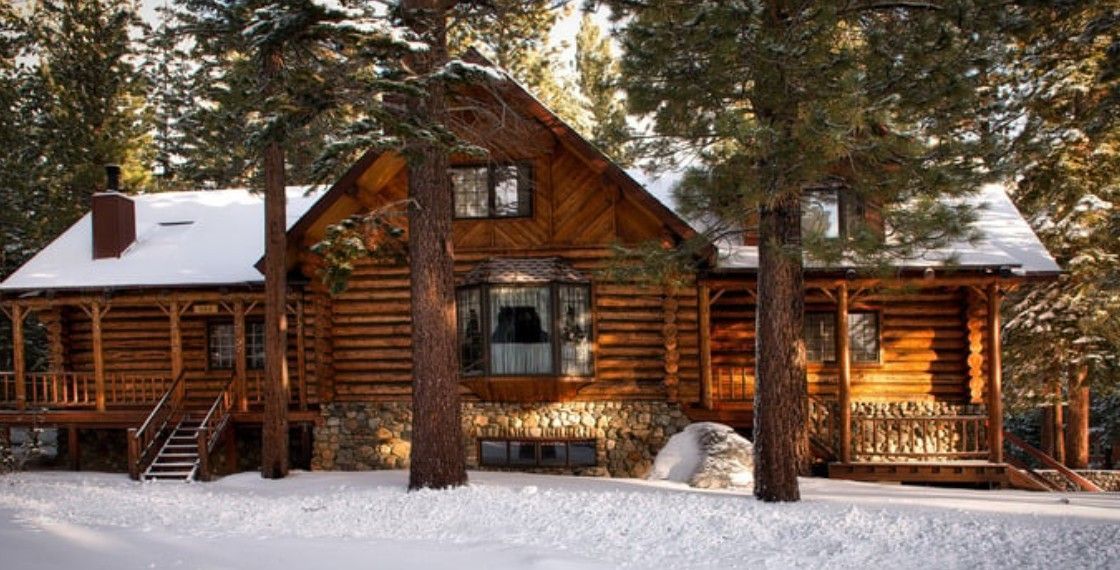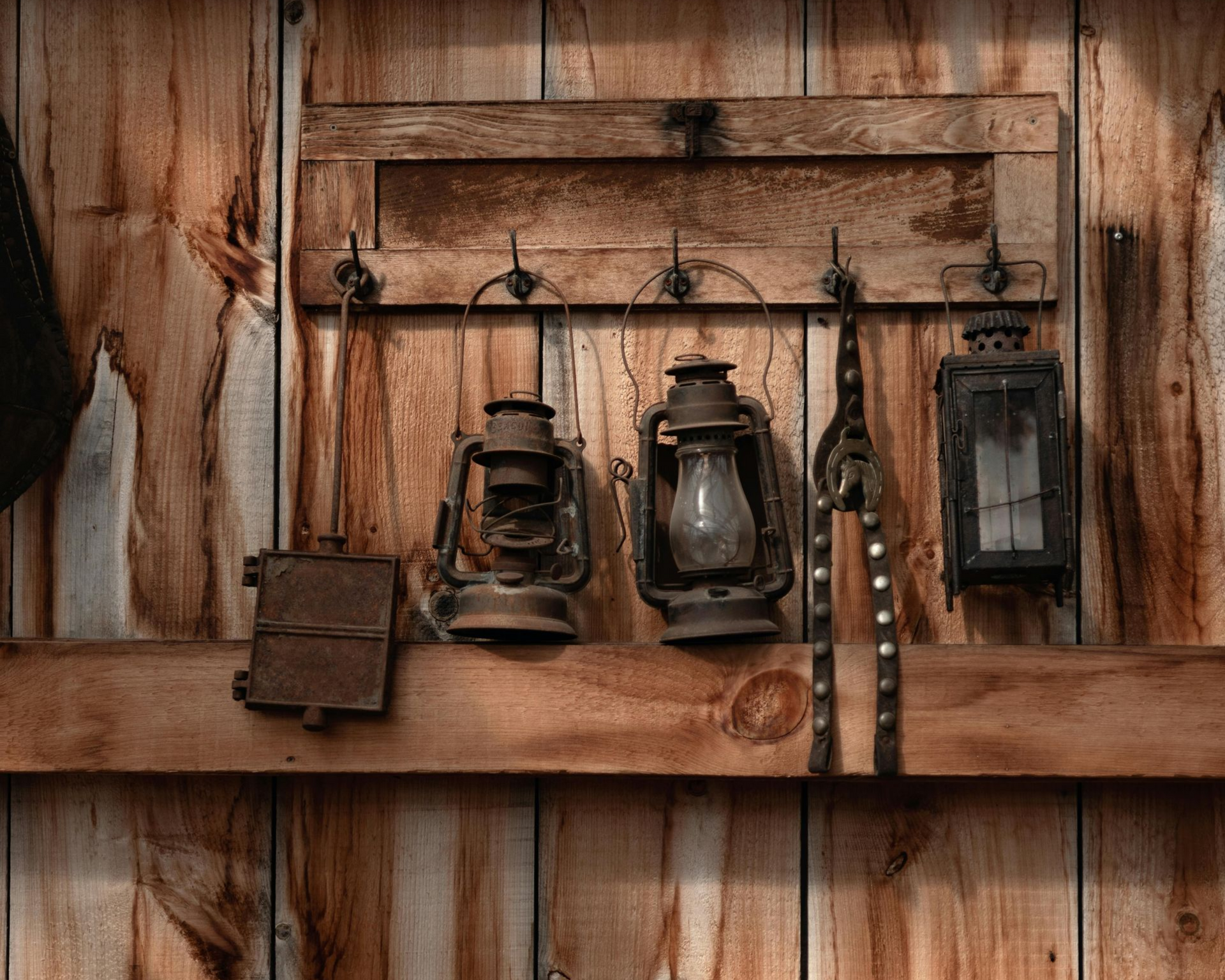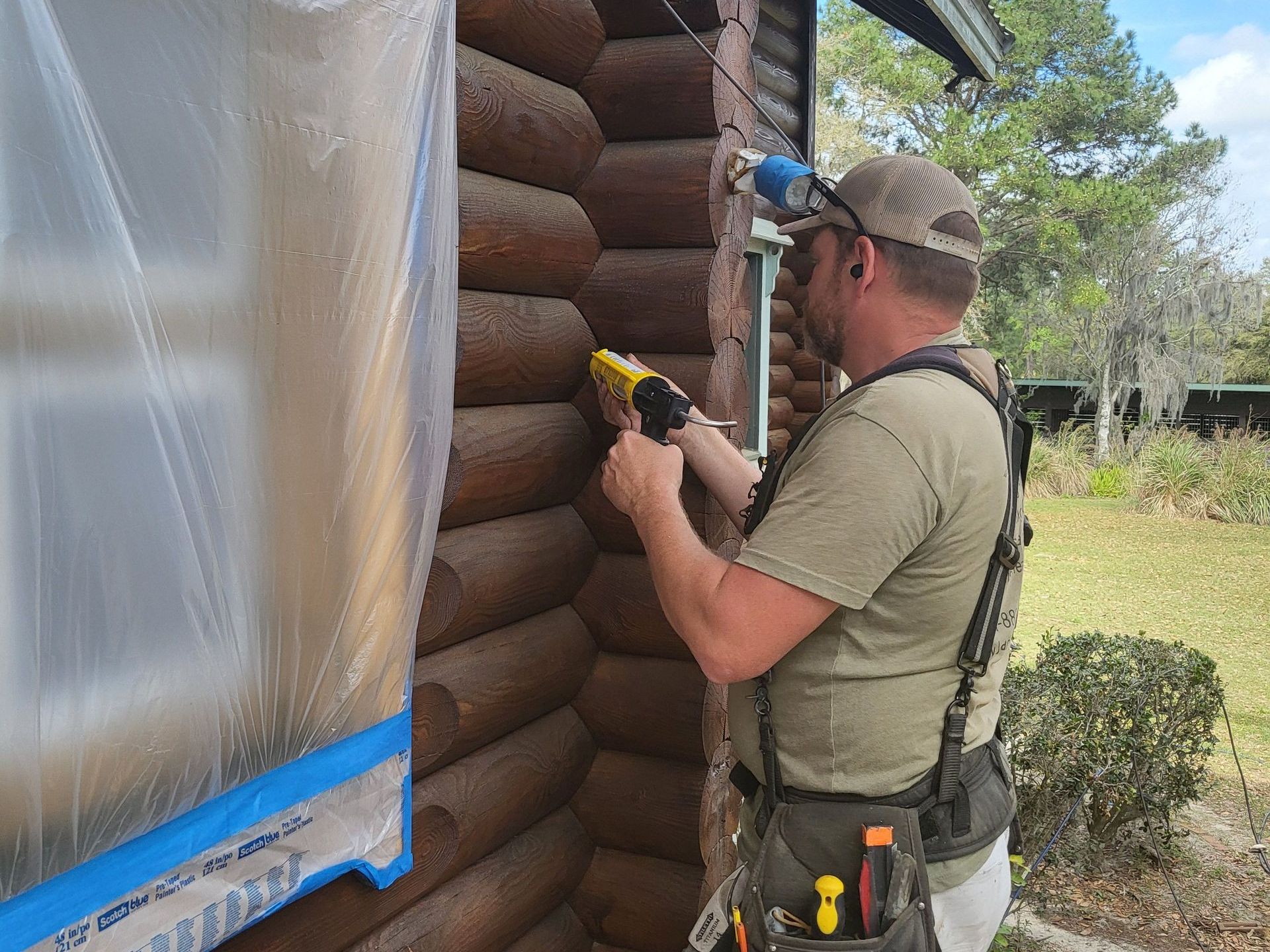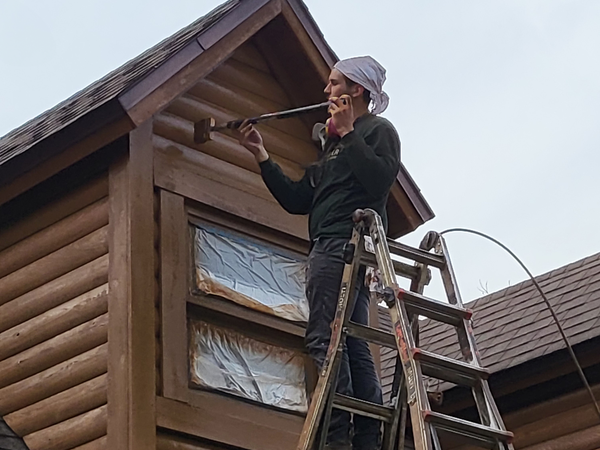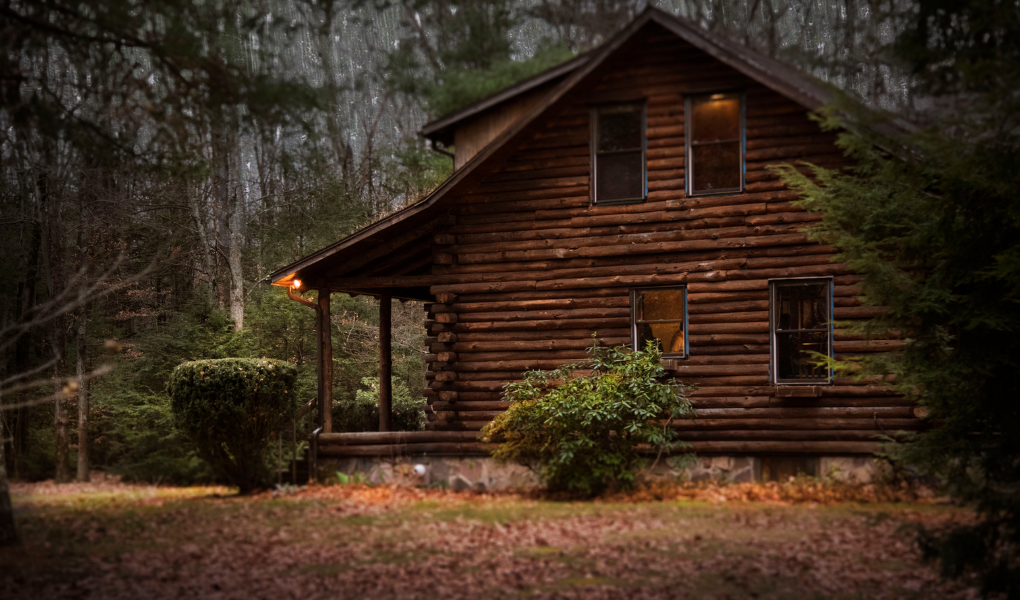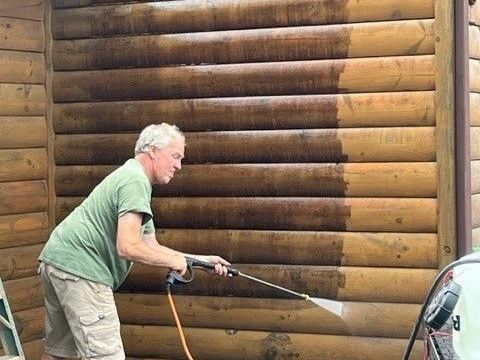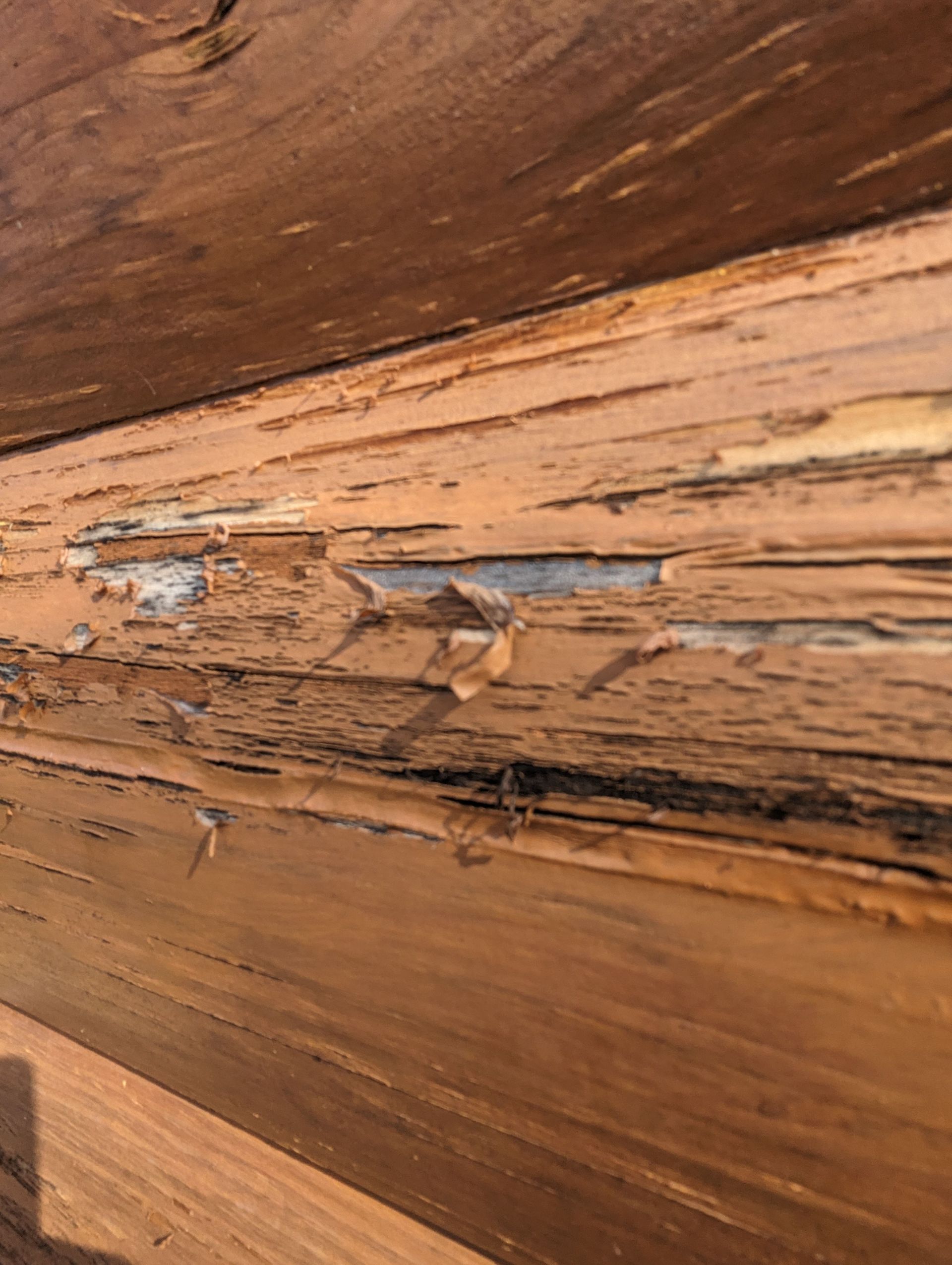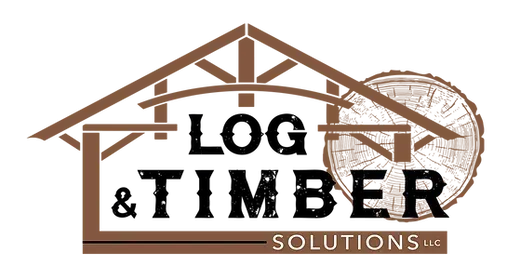5 Myths About Log Cabin Maintenance (And the Truth Behind Them)
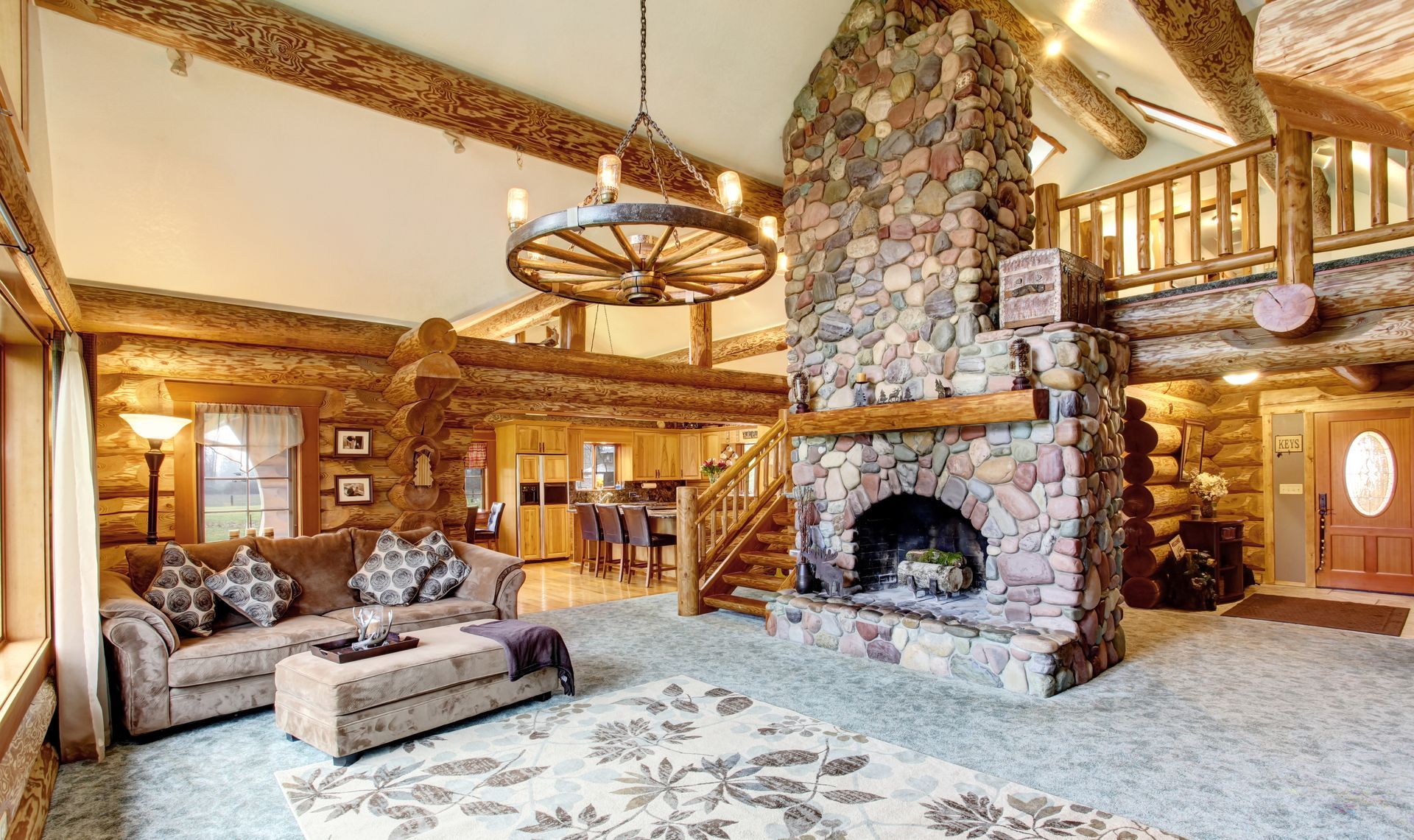
Owning a log cabin is like living in your own slice of rustic paradise. But with this dream come some common myths about how to care for your log home. You might have heard horror stories about endless maintenance, bad advice passed along as gospel, or outright falsehoods that could steer you down the wrong path. The good news? We’re here to set the record straight.
Below, we’re busting five of the biggest myths about log cabin maintenance so you can make informed decisions and keep your home in peak condition.
Myth 1: Log Cabins Are Maintenance Nightmares
The Truth: Log cabins do require regular care, but it’s far from being a “nightmare.”
People often assume that owning a log cabin means endless weekends of repairs and upkeep. While it’s true that log homes require different care compared to brick or vinyl-sided houses, routine maintenance can be manageable with a proper plan in place.
What You Really Need to Know
- Inspect your cabin annually for cracks, rot, or pests. Most repairs take minimal time if caught early.
- Reapply stain or sealant every 3 to 5 years to protect the wood from weather and UV damage.
- Clean your logs annually to remove dirt, mildew, or grime buildup.
The key is to stay proactive. Neglecting small issues can lead to big problems, but periodic care helps your cabin age gracefully without consuming your weekends.
Myth 2: Pressure Washing Is Always the Best Way to Clean Logs
The Truth: While pressure washing can be effective, it’s not always the best option.
The idea of blasting dirt away might sound appealing, but high-pressure water can damage your logs by removing protective stain or even gouging the wood. It can also force water into cracks, leaving logs vulnerable to rot. It can also cause the wood fibers to start peeling away known as “fuzzing” or “felting”
A Better Approach
- Use the lowest pressure setting possible (500-800 psi) and a fan-tip nozzle.
- Consider using a specialized log cleaner applied with a garden sprayer, followed by a gentle rinse.
When in doubt, consult a professional like Log & Timber Solutions to ensure cleaning methods don’t compromise your home’s integrity.
Myth 3: Log Cabins Don’t Need to Be Sealed
The Truth: All log cabins need regular sealing to stay protected.
Some owners think the natural durability of wood means you can skip applying sealants or stains. But the truth is, wood is highly susceptible to moisture, UV rays, and pests when left untreated.
Why Sealing Matters
Sealants act as a barrier, protecting your logs from water damage, rot, and sun exposure. Without it, your logs can crack, fade, and invite insect infestations.
How Often Should You Seal?
This depends on the climate and exposure to elements, but as a rule of thumb:
- Southern-facing walls that receive more sunlight may need more frequent sealing.
- Reevaluate the condition of your stain every year and reapply as needed.
Myth 4: Carpenter Bees and Termites Are Impossible to Control
The Truth: Pest problems are manageable with prevention and proper care.
Carpenter bees and termites are a legitimate concern for log cabin owners, but they’re far from unbeatable. Many turn to harsh pesticides, thinking it’s the only solution, but that’s not always necessary.
Avoiding Pests the Right Way
- Make sure your logs are properly sealed and treated to deter pests.
- Fill any cracks or holes in your wood to limit nesting opportunities for carpenter bees.
- Maintain a dry and well-ventilated foundation to keep termites at bay.
- Use eco-friendly solutions like citrus sprays for carpenter bees and beneficial nematodes for termites.
If pests have already made themselves at home, don’t panic. Experts like Log & Timber Solutions can evaluate the damage and recommend a plan.
Myth 5: Log Cabins Aren’t Energy Efficient
The Truth: Log cabins can be incredibly energy efficient when properly built and maintained.
It’s a common misconception that wooden walls are drafty and poor at regulating indoor temperatures. But logs have natural thermal mass, meaning they can store and slowly release heat over time, helping to maintain steady indoor conditions.
Maximize Energy Efficiency
- Proper Sealants: Make sure your cabin is adequately caulked and chinked to eliminate drafts.
- Insulation: Invest in high-quality roof and floor insulation to complement your logs’ thermal properties.
- Windows and Doors: Ensure they’re properly fitted and weather-stripped.
With the right care and attention, a log cabin can be as energy efficient as any modern home, if not more.
Myths Busted!
Now that we’ve busted some myths, it’s clear that maintaining a log cabin doesn’t require an extreme effort. Of course, it’s always helpful to have experts on your side. At Log & Timber Solutions, we specialize in maintenance, repairs, and restoration that keep log cabins looking and performing their best. Whether you need advice on sealing, help with pest control, or a full inspection, we have the expertise to guide you every step of the way.
Reach out to Log & Timber Solutions today to ensure your cabin gets the care it deserves. Because when it comes to your dream home, the truth is, a little attention goes a long way.
What is the best way to protect my log cabin from pests like termites and carpenter bees?
The best defense against pests is a combination of proactive measures and regular maintenance. Ensure your logs are properly sealed, as untreated wood is a magnet for insects. Fill any cracks or crevices to eliminate nesting spots, and keep your surroundings clean and dry to deter termites. If you're already facing an infestation, consulting professionals like Log & Timber Solutions is your best bet for effective, eco-friendly treatment options.
How can I tell if my log cabin needs to be resealed?
Signs that your log cabin may need resealing include visible cracks in the stain, water no longer beading on the surface, or logs appearing dry and faded. You can perform a simple water test by sprinkling water on the logs; if it soaks in instead of rolling off, it’s time to reapply a sealant. Regular inspections can help catch these signs before they lead to more extensive damage.

